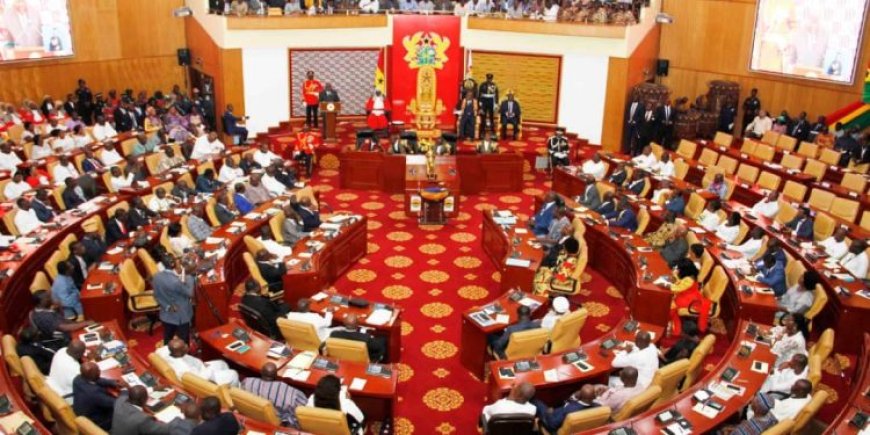Parliament Approves Bill to Shift Midweek Public Holidays to Mondays or Fridays
Ghana’s Parliament has passed the Public Holidays and Commemorative Days (Amendment) Bill, 2025, allowing midweek public holidays to be moved to the nearest Monday or Friday to create longer weekends and minimize workplace disruption.

By Mavis Emefa Goka / June 26, 2025
Ghana’s Parliament has passed the Public Holidays and Commemorative Days (Amendment) Bill, 2025, allowing midweek public holidays to be moved to the nearest Monday or Friday to create longer weekends and minimize workplace disruption.
The new legislation empowers the President to reschedule any public holiday that falls on a Tuesday, Wednesday, or Thursday to the preceding Friday or the following Monday. The move is aimed at promoting productivity and easing the strain midweek holidays often place on businesses and public institutions.
According to the drafters of the bill, shifting holidays to align with weekends will not only improve work efficiency but also provide Ghanaians with uninterrupted rest periods and opportunities for travel, family time, and leisure.
The bill, which was passed by consensus in Parliament on Wednesday, now awaits presidential assent before it becomes law.
In addition to the holiday rescheduling measure, the bill also restores July 1 as Republic Day, officially recognizing the date Ghana became a republic in 1960. Once removed from the list of statutory holidays, Republic Day now returns as a public holiday to reinforce national pride and historical reflection.
Another major amendment reinstates September 21 as Founder’s Day, designated solely in honour of Dr. Kwame Nkrumah, Ghana’s first President and the leading architect of the country’s independence. This reverses a previous decision that replaced Founder’s Day with a more general “Founders’ Day” on August 4, which aimed to recognize the contributions of other members of the independence movement.
The Ministry of the Interior is expected to release an updated national holiday calendar once the bill is signed into law.
What's Your Reaction?
 Like
1
Like
1
 Dislike
0
Dislike
0
 Love
1
Love
1
 Funny
0
Funny
0
 Angry
0
Angry
0
 Sad
0
Sad
0
 Wow
1
Wow
1
















































